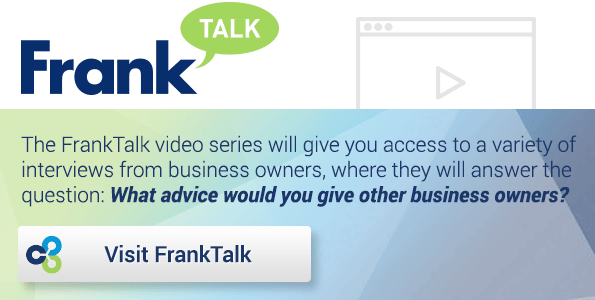 How does your organization make its most important decisions? Executives may provide widely different answers, pointing to their industry or company size as explanation, but organizations that find long-term success make the important decisions based on data and evidence-based projections.
How does your organization make its most important decisions? Executives may provide widely different answers, pointing to their industry or company size as explanation, but organizations that find long-term success make the important decisions based on data and evidence-based projections.
The fact is that organizations can’t function efficiently or effectively without actionable data, but these data points must be gathered and analyzed to facilitate informed and timely decisions.
Business Intelligence Tools
And here’s where the seat-of-the-pants and the more traditional schools of decision making fall short, for several reasons:
- “Intuitive” decisions, often found in smaller organizations that have not invested in business intelligence tools, tend to be based on personal experience and preferences, lacking a sounder basis in internal and external data. Once decisions are made, there may not be adequate monitoring and analysis to either verify or disprove their validity, creating what may become a recurring loop of poor decision making.
- Traditional decision making may lack the timeliness – and even immediacy – that business intelligence tools can provide. Relying on reports that may be 30 days old or more, without the ability to dive deeper into causal variables, won’t keep a company as competitive as it should be.
It may be fair to say that business intelligence tools such as dashboards have often been considered the purview of large industry leaders, typically because of the perceived cost. However, dashboards and other business intelligence tools can be surprisingly affordable and cost effective, even for much smaller organizations.
Dashboards Help Decision Making Effectiveness
Here are their benefits:
- Dashboards can consolidate data from other operational systems that presently don’t communicate with each other.
- A dashboard, if created properly for operations, sales and other functions, can be a one-time expense, unless or until you choose to tweak it.
- Dashboards can actually save money, reducing the need for internal staff to be creating and monitoring costly reports.
- Perhaps most important, dashboards provide fact-based, real time data -- limited in quantity and quality only by your customization -- that support timely and well-informed decision making.
Tips to Move Into The Business Intelligence World
How does an organization move into the world of more sophisticated business intelligence? Here are a few tips:
- Evaluate business intelligence software vendors, asking for references from clients to evaluate how they are using the tools, how much customizing has been required, how flexible the tools are and whether they are getting the results they had anticipated.
- The tool is only as good as the users. Effective business intelligence systems need someone who has the time to identify the data needs, organize the database and manage it on an ongoing basis. In most cases, a business analyst need not be a full-time position.
- Identify where you want to go and the data you’ll need to get there.
- Gather, organize and monitor the data.
- Start with the areas in which you have data, letting that feed to the dashboard to make it actionable.
Your Dashboard Over Time
As you become more comfortable with the dashboard, expand its applications. Study your business segments and develop paradigms that can be illuminated, proven or disproven through the availability of more complete, timely data.
For example, if you’re looking at profitability, you can test various pricing models to see the limits of price sensitivity. Or, if you want to review your sales or distribution channels, identify the data points that will allow you to identify where your existing efforts are yielding the best return.
Looking to the future, the question may no longer be whether you have implemented business dashboards and other business intelligence tools, but rather how much more successful such better-informed decision making has made your organization.





